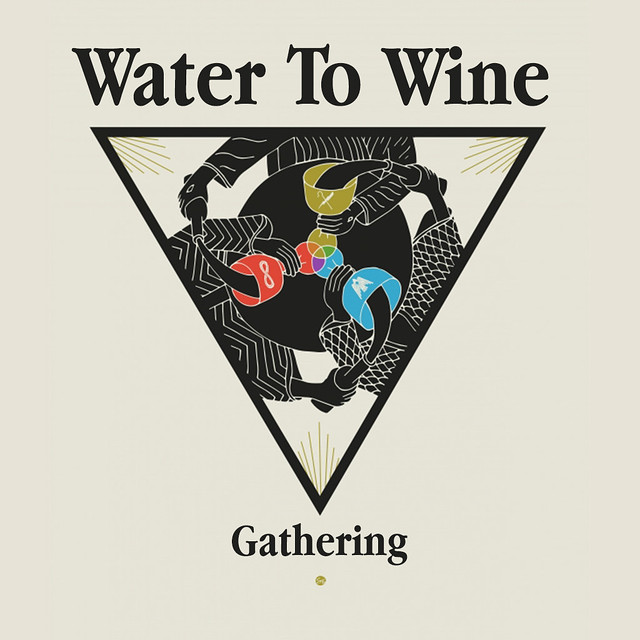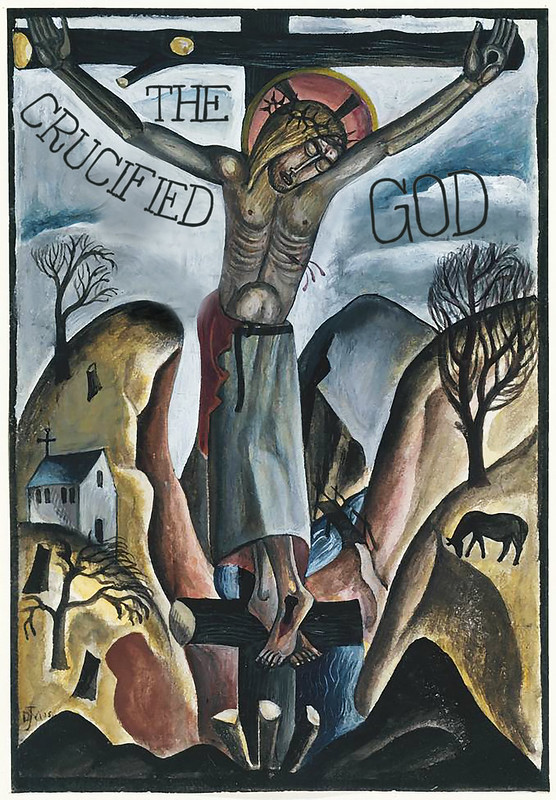Water To Wine Gathering

Two years ago I published Water To Wine — a memoir of my spiritual journey out of Americanized pop Christianity into a deeper, richer, more substantive Christian faith. This journey was both the best and most difficult thing I’ve done in over forty years of following Jesus. I describe it as being “born again again” and use the metaphor of water turning to wine. (You can read more about my water to wine journey in this blog post: Twenty-Two Days.)
I’ve honestly been surprised at how much interest there’s been in the story of my spiritual/theological transition. I think part of the interest is that I did it as a pastor while attempting to bring my congregation with me — a risky endeavor that I more or less succeeded in doing (though not without considerable cost and pain).
Since the publication of Water To Wine I’ve received messages from hundreds of pastors and Christian leaders from across America and from a dozen or more countries who personally resonate with my story. I find that so gratifying. These days I typically receive three or four of messages a week from pastors who are on what I call “the journey.” Many ask to come visit me and I always say yes, even though it can be a challenge to find the time. A few have even moved to St. Joseph to be a part of Word of Life. I find that so amazing!
Last fall after meeting with a pastor from Texas, I began thinking about hosting a gathering for people who are on their own “water to wine” journey; I want to tell these seekers what I wish someone had told me fourteen years ago. This will also be a great opportunity for people on the water to wine journey to connect with one another. When I floated the idea on social media, it generated an enthusiastic response.
Read more




